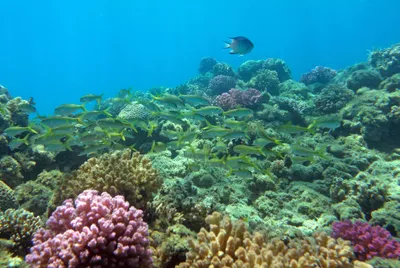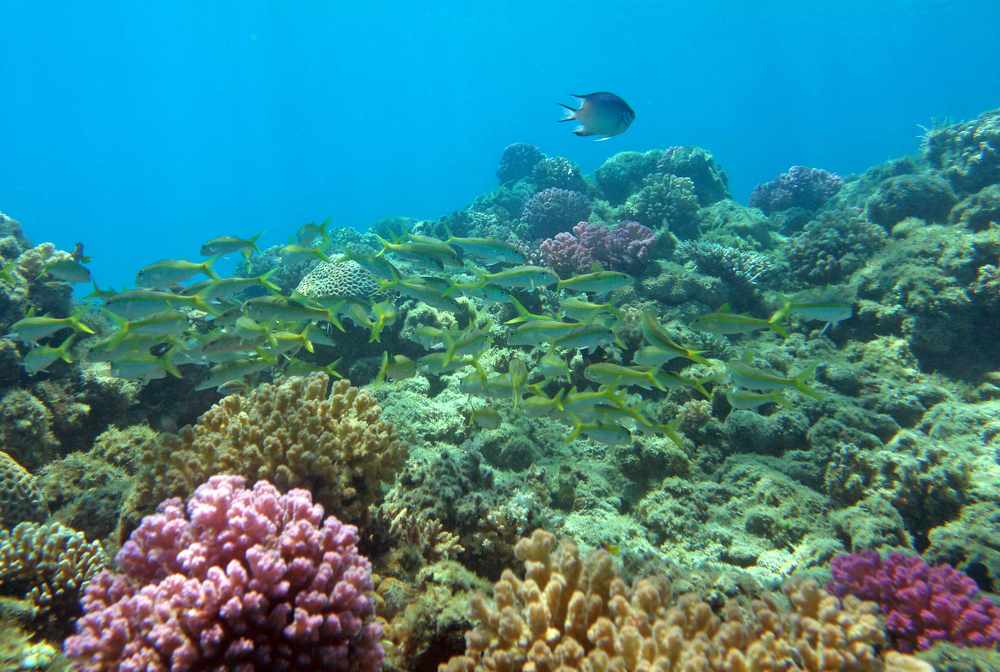
The report comes from Medical News Today, which says that the proteins found in sea coral — called cnidarins — can block HIV from infecting a human system. Importantly, researchers at the National Cancer Institute (NCI) — where testing of the cnidarins is taking place — found that the proteins would not lead to a resistance to other HIV drugs, should an infection occur.
NCI researchers say the proteins effectively bind to the virus, acting like dead weight and preventing HIV from penetrating the immune system’s T cells — typically the first step in an HIV infection.
Dr. Koreen Ramessar, a researcher at the NCI, says she’s never seen anything like this before. “[It’s] completely different from what we’ve seen with other proteins, so we think the cnidarin proteins have a unique mechanism of action,” Ramessar said.
Should the results be confirmed with further testing, the ideal use for the coral proteins would be anti-HIV gels and lubricants. Theoretically, men and women could use these gels and lubricants in addition to a condom or in situations where a condom is not available.
In any case, researchers are excited to learn more about this new protein. “It’s always thrilling when you find a brand-new protein that nobody else has ever seen before,” noted NCI investigator Dr. Barry O’Keefe. “And the fact that this protein appears to block HIV infection — and to do it in a completely new way — makes this truly exciting.”



